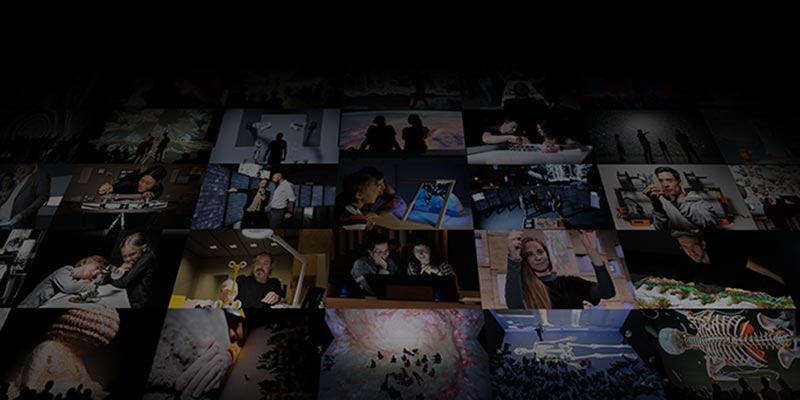While it is true that digital technologies have merely accelerated processes already unfolding across the industrialized world, they have changed our world and our lives radically over the last four decades. Alongside the growing impact, unease and uncertainty are on the rise, leading the global tech industry into a crisis as we start to question more and more the impact of new technologies (fake news, human downgrading, cyber-crime, trade in personal data, etc.) on the fabric of our lives and society.
Therefore, institutions and initiatives around the globe, including Ars Electronica, are calling for a Digital Humanism that notices these omnipresent transformational processes and reflects on new pathways into a digital society. By initiating the European Platform for Digital Humanism, Ars Electronica and its partners from research, industry and cultural sectors take part in this urgent conversation focused on re-evaluating our relationship to the technologies we’ve created and how we use them – a conversation that is by no means confined to Europe but needs to be tackled on a global level.
User Manual for Digital Humanists is a new series hosted by Veronika Liebl (Director of European Cooperation) and Kristina Maurer (Head of European Projects at Ars Electronica’s Festival/Prix/Exhibitions department) exploring the big questions at the heart of the platform together with a global network of partners: How can we create an empathic approach to developing technologies that starts with the humans who are using them? Could there be a digital society between the “data capitalism” of IT monopolists and the “data totalitarianism” of authoritarian regimes? Could digital applications be more oriented towards human needs and based on cultural values that respect the autonomy of users over their data? Could software solutions build on the values of cultural diversity instead of infrastructural uniformity? Could digital tools be increasingly of benefit in cross-culture collaboration, international cultural relations, and mutual understanding? And what does it mean on a practical level to become a digital humanist?

